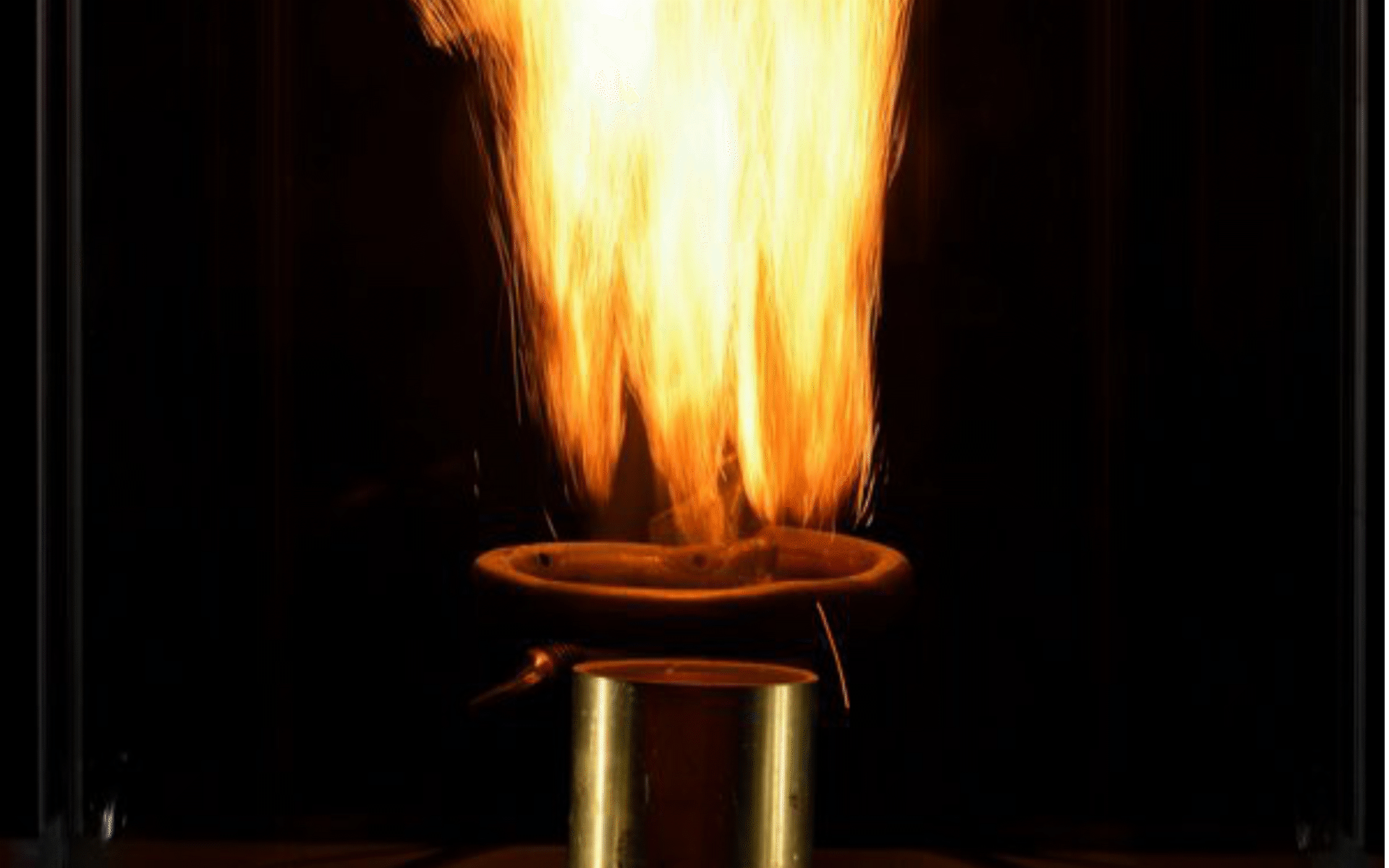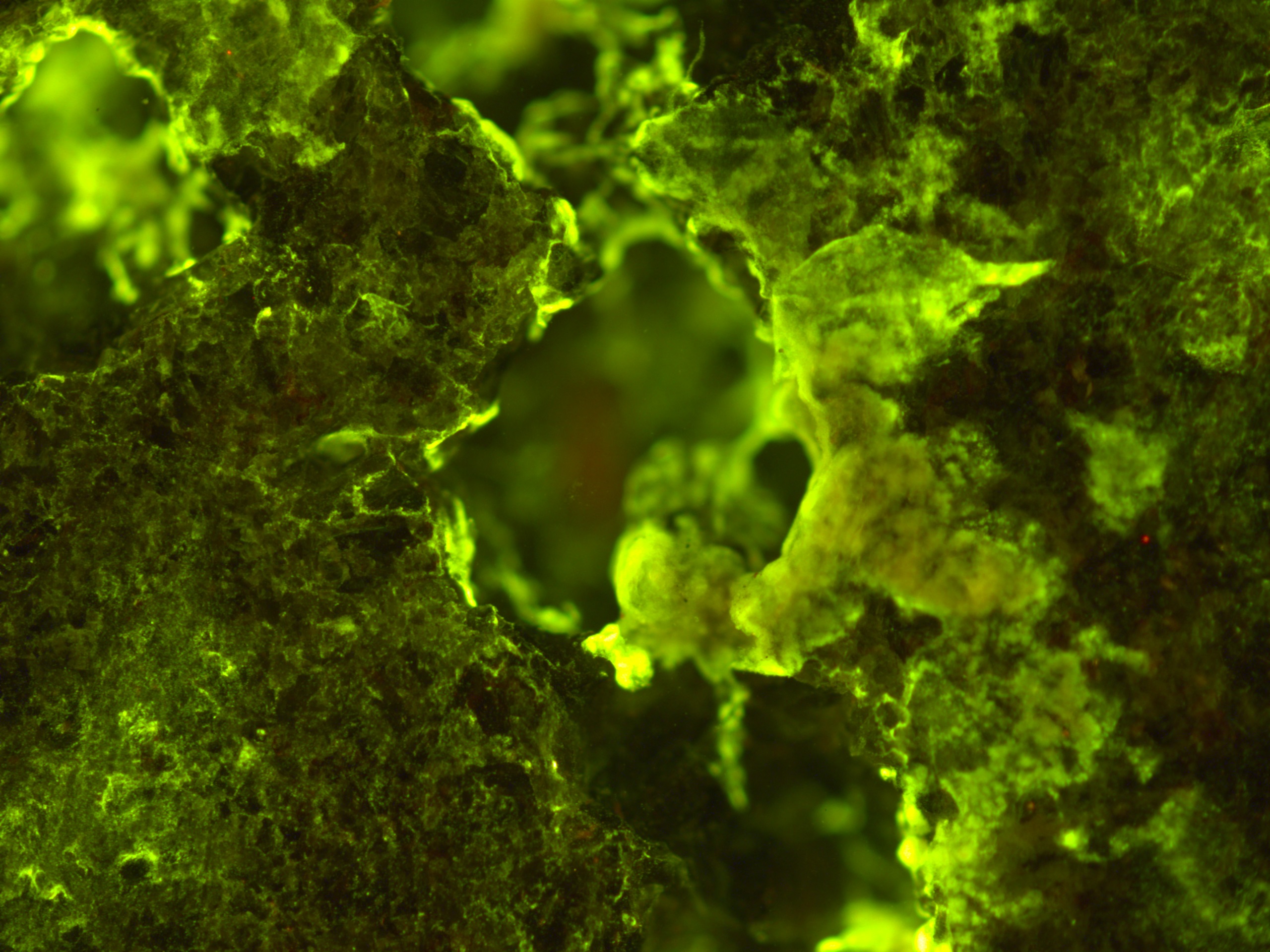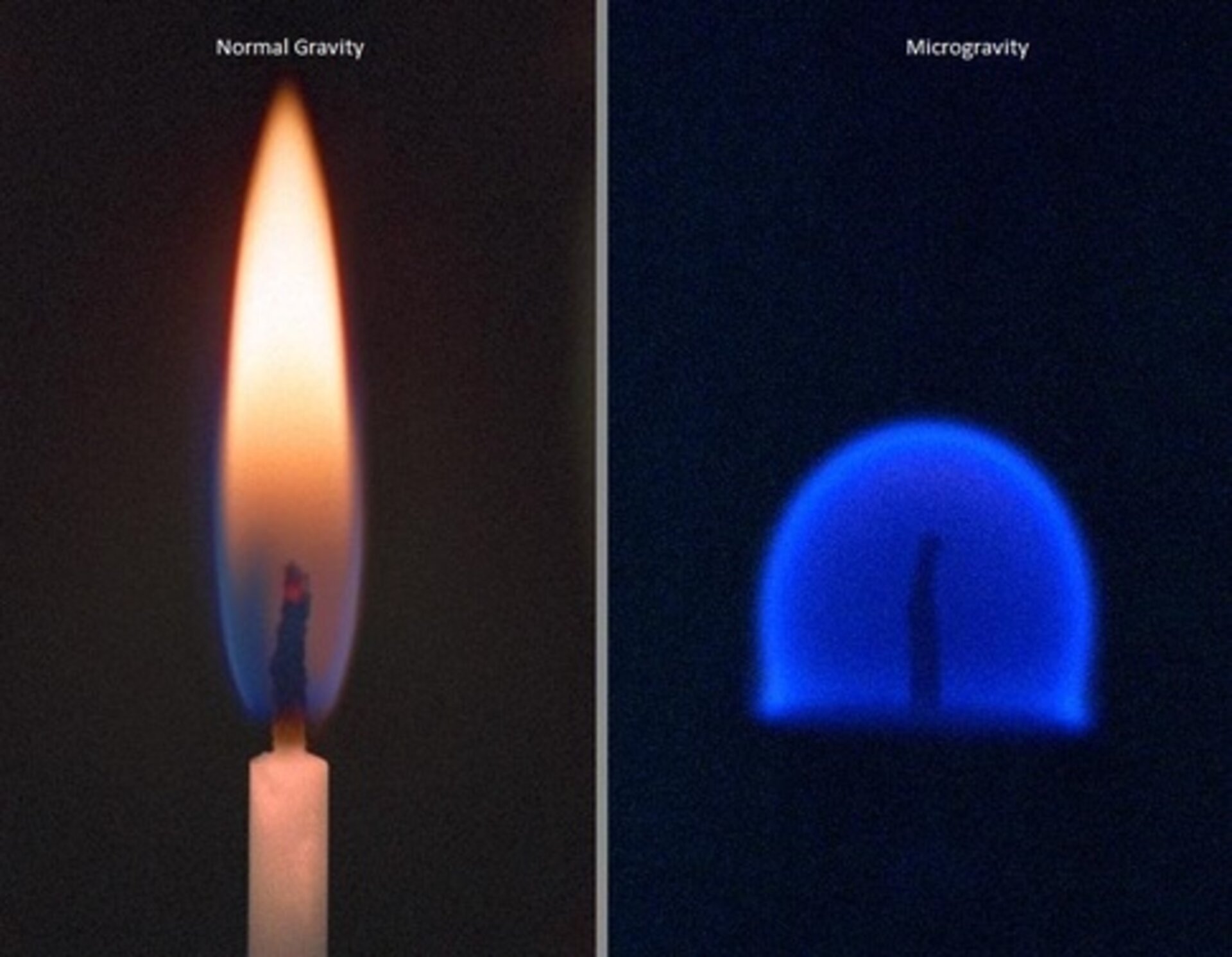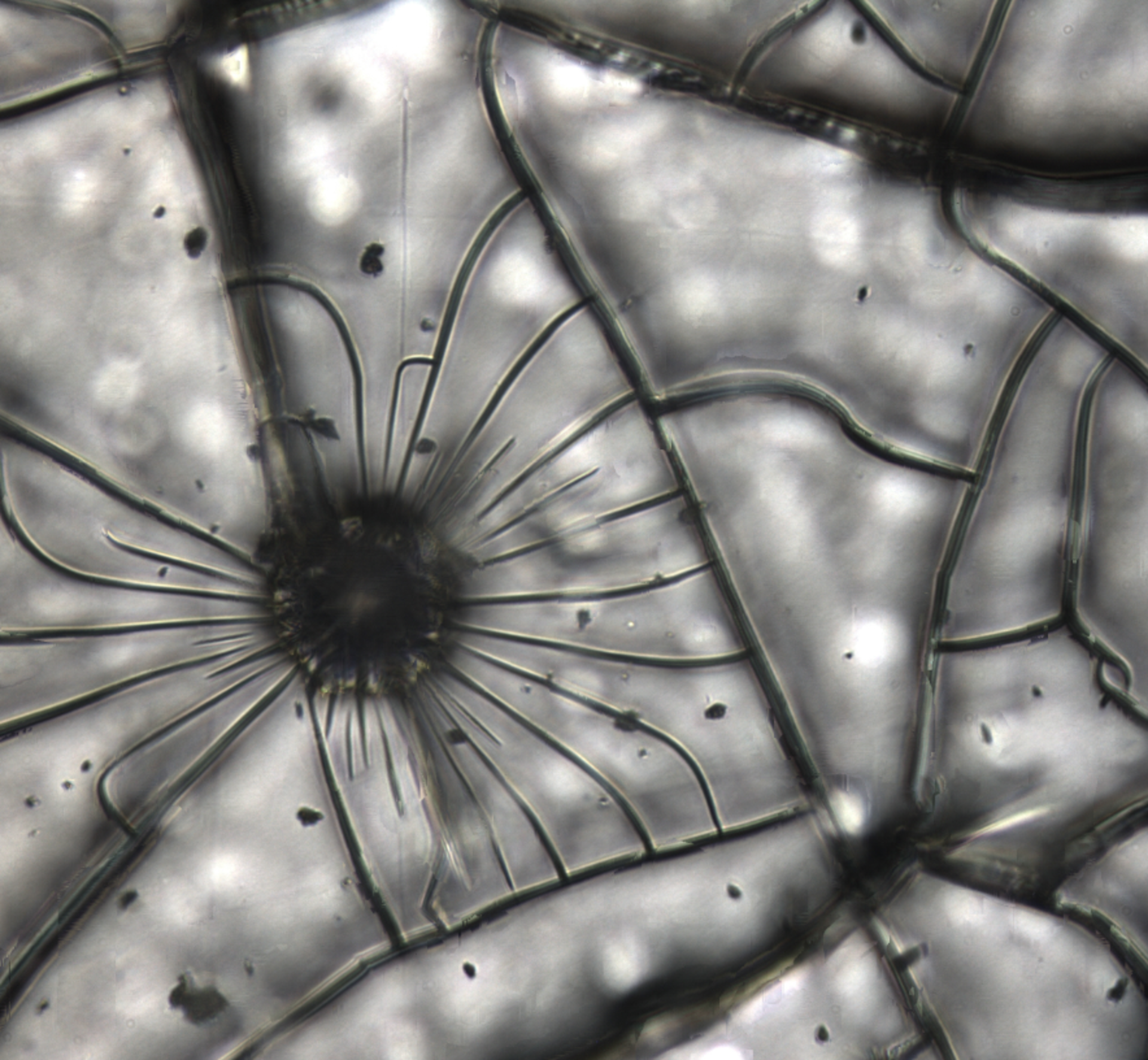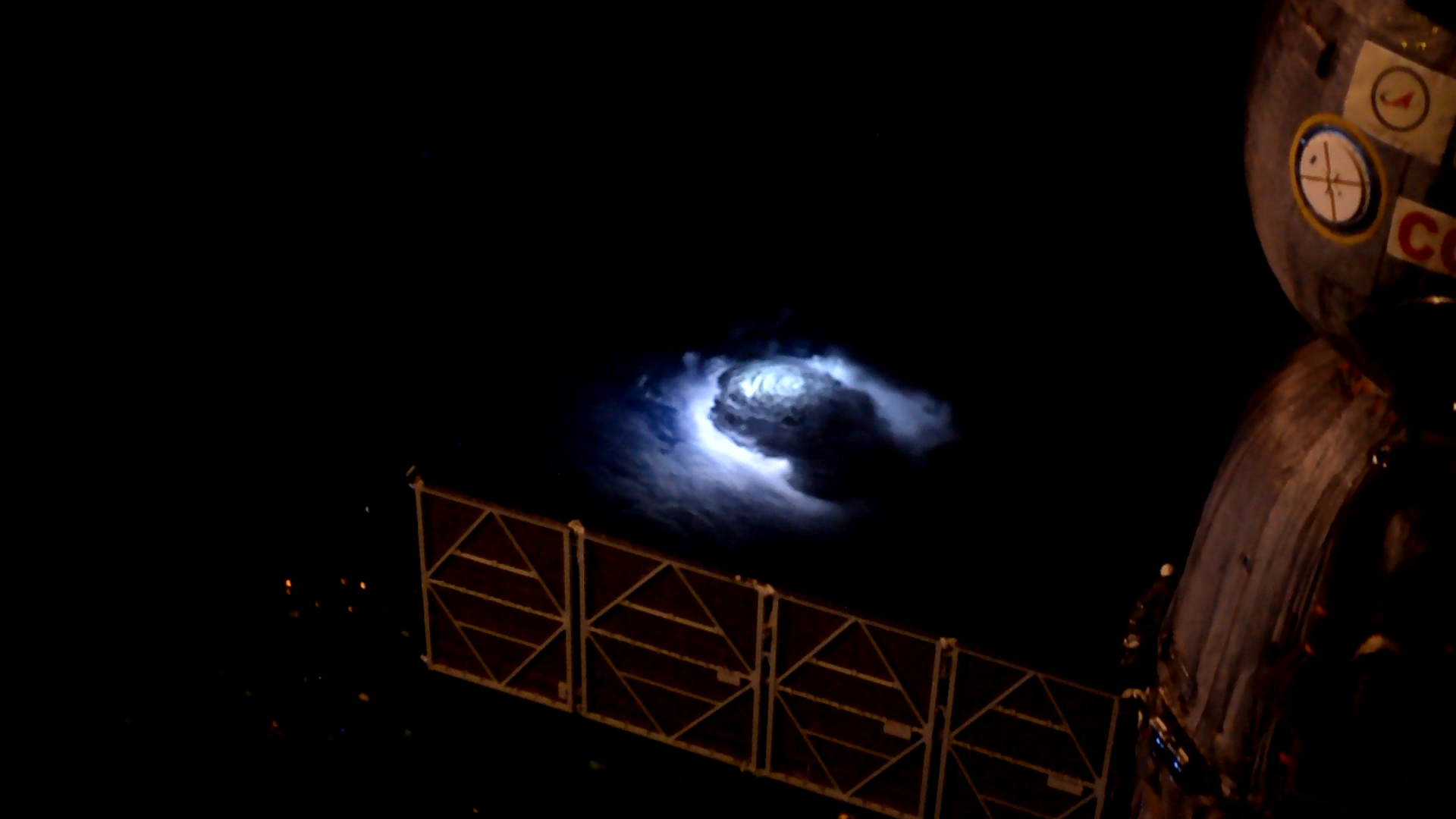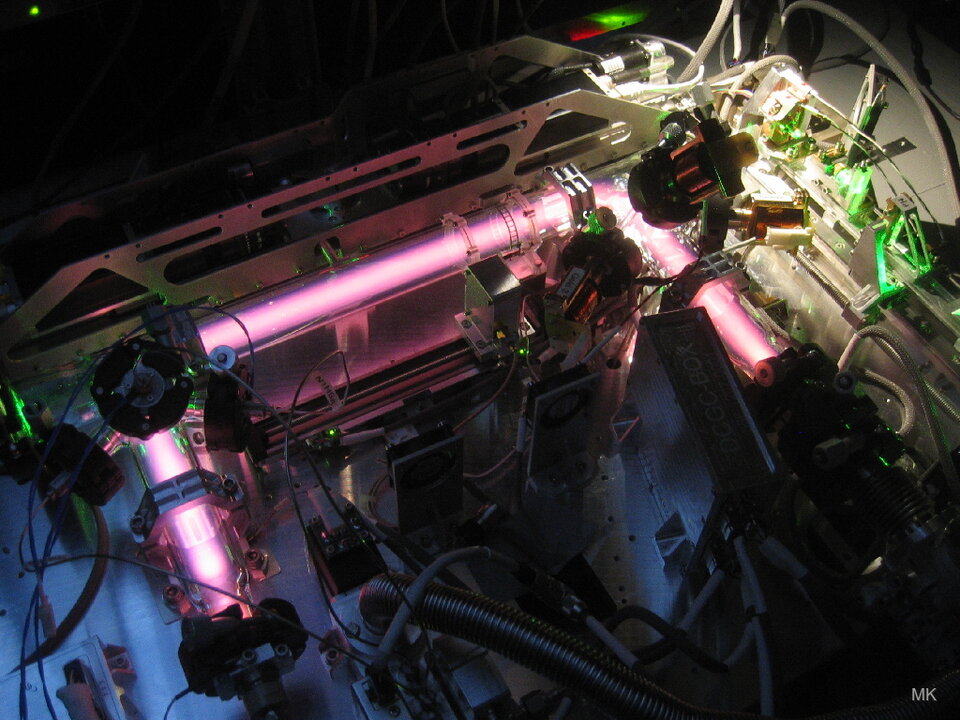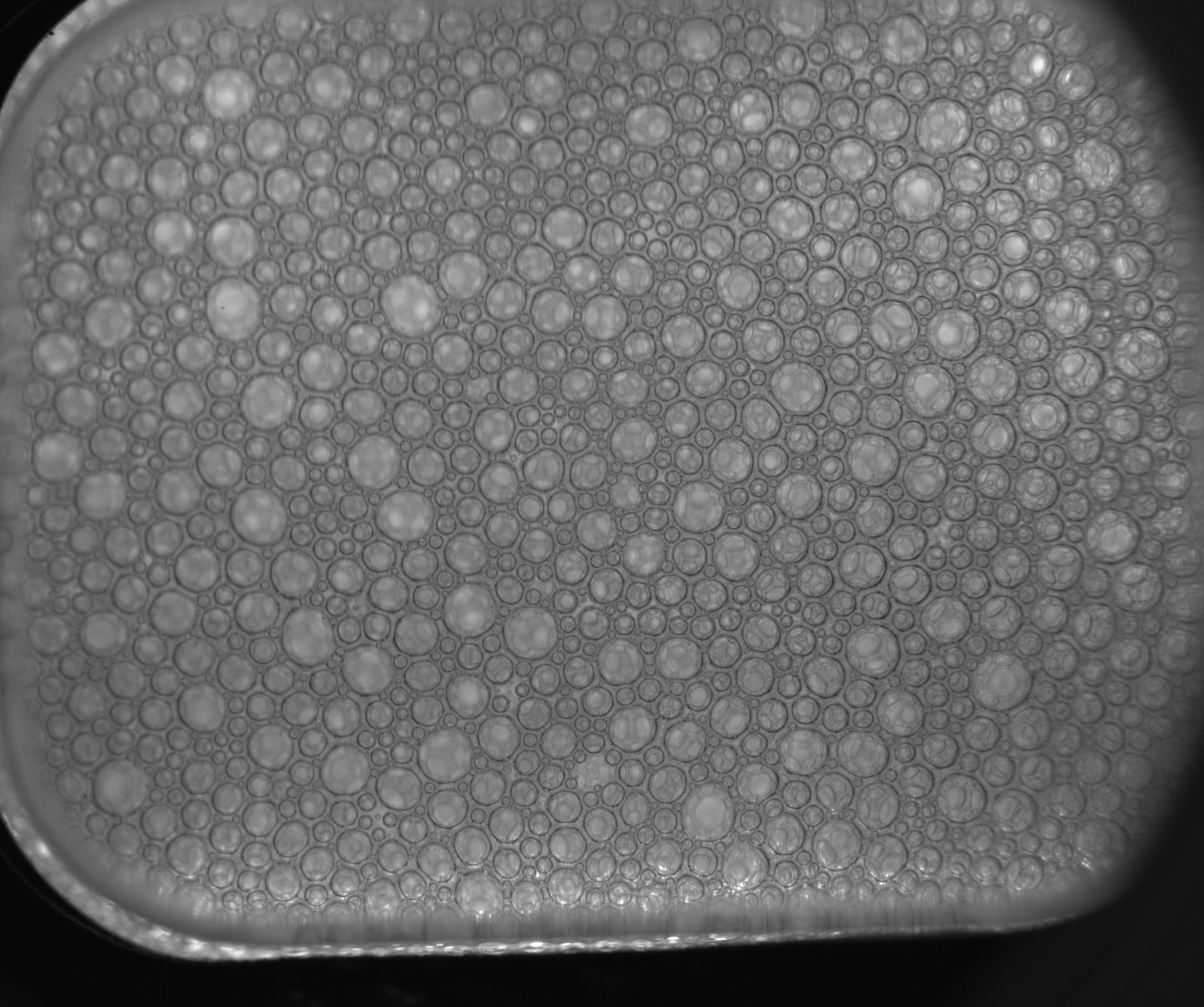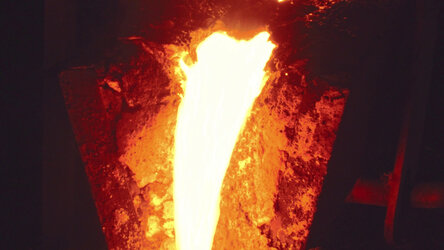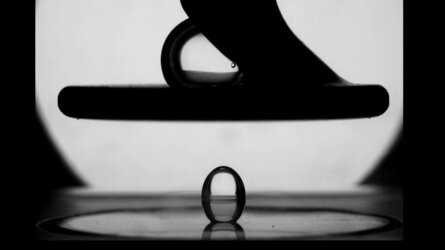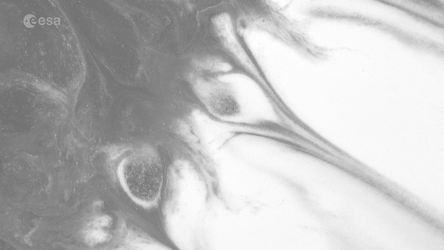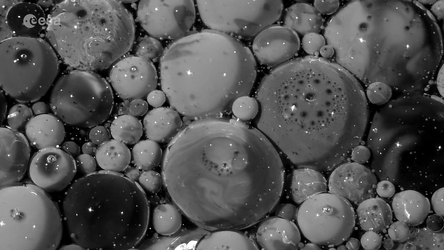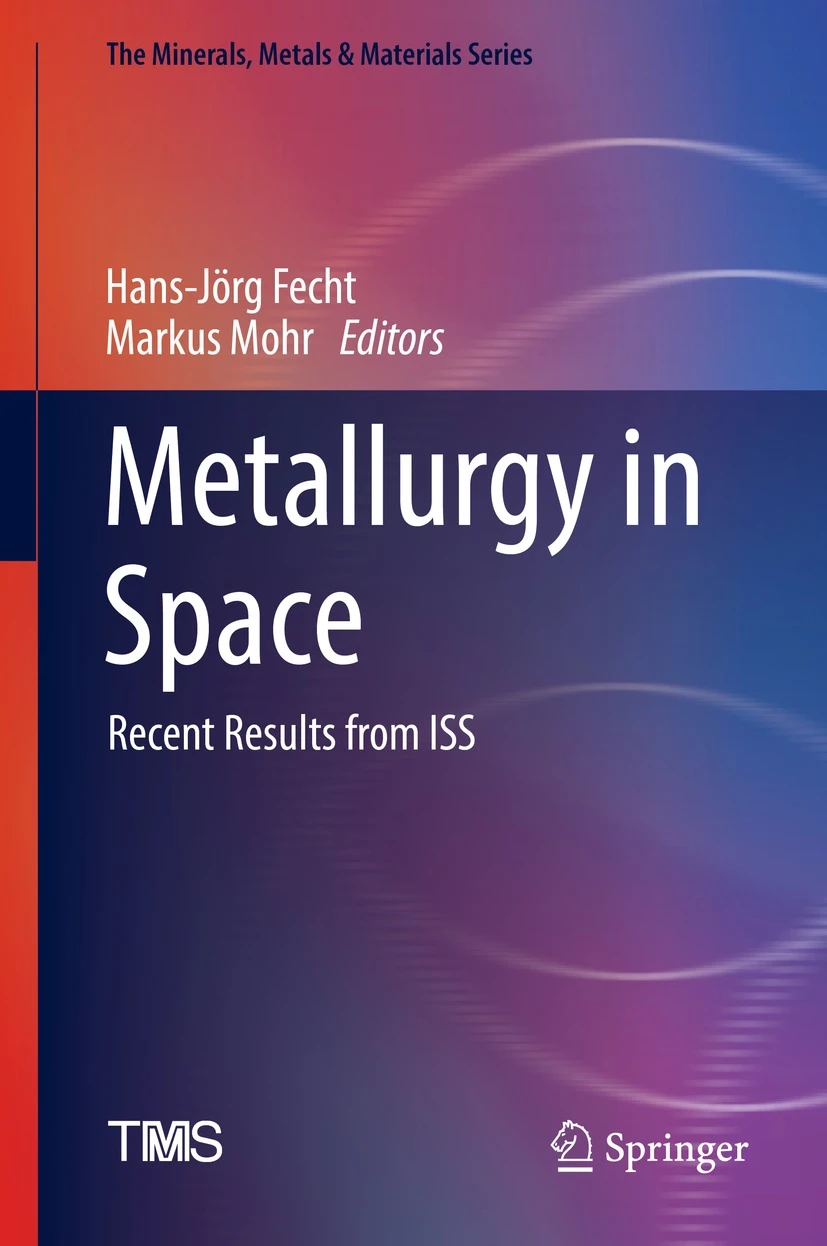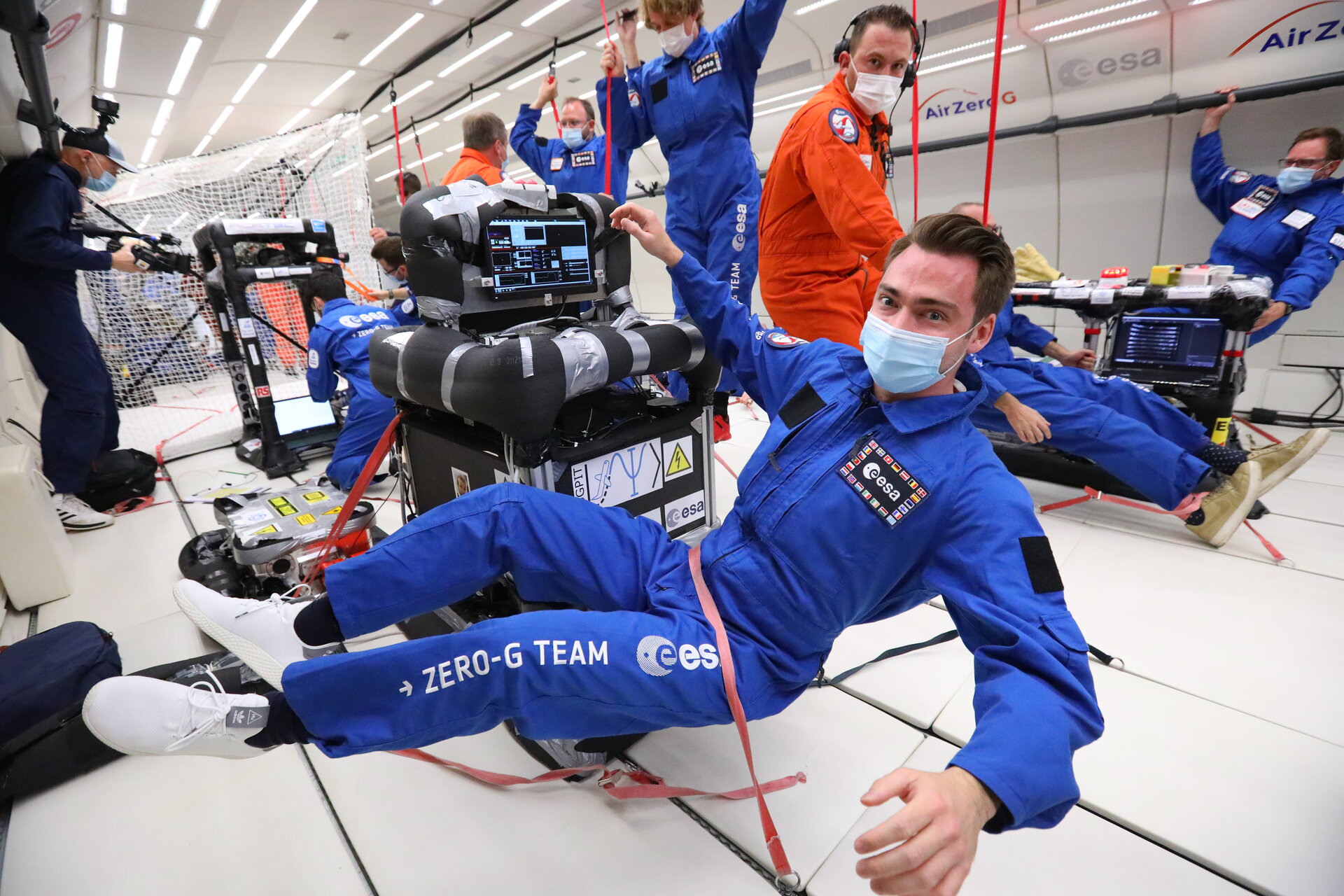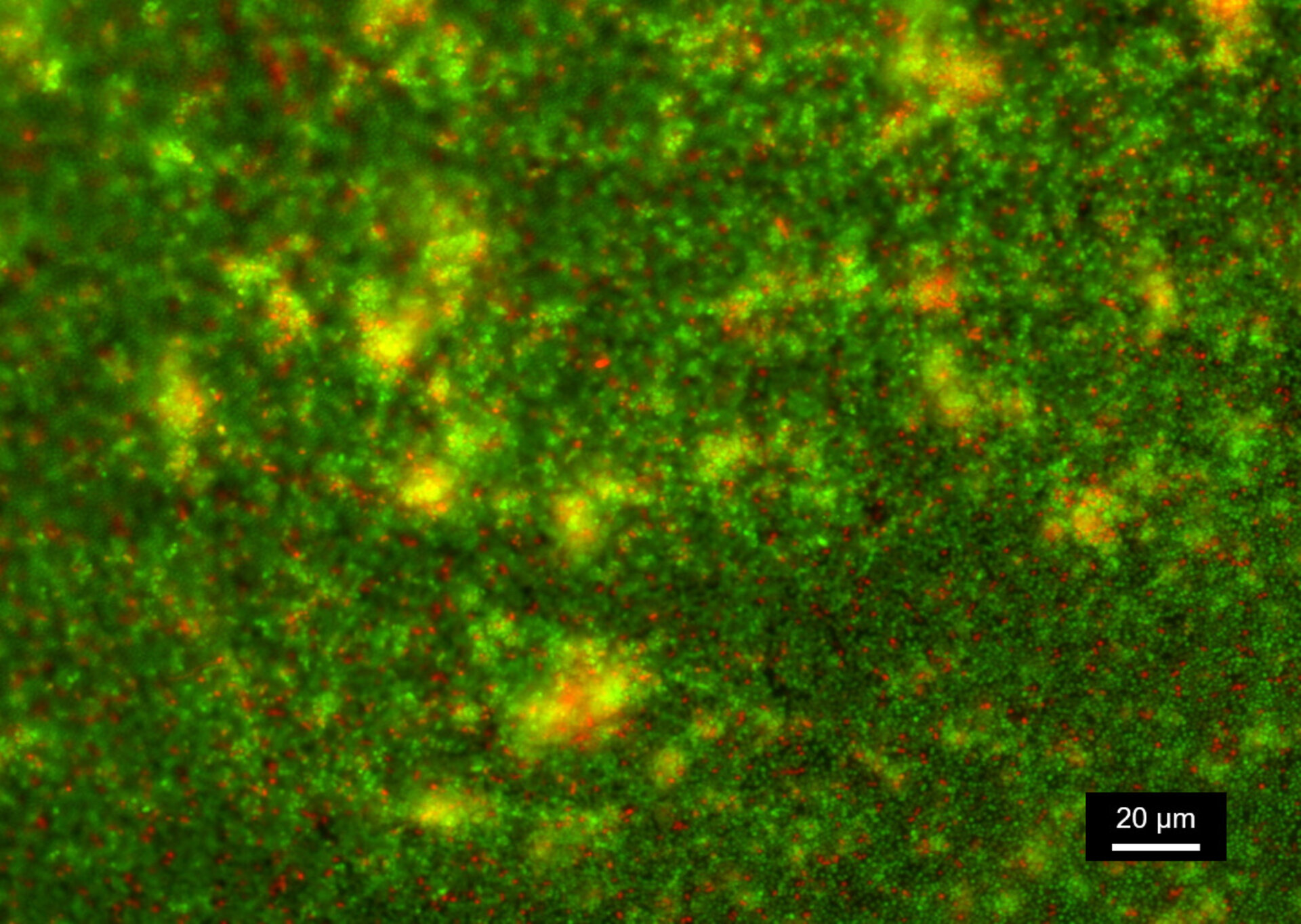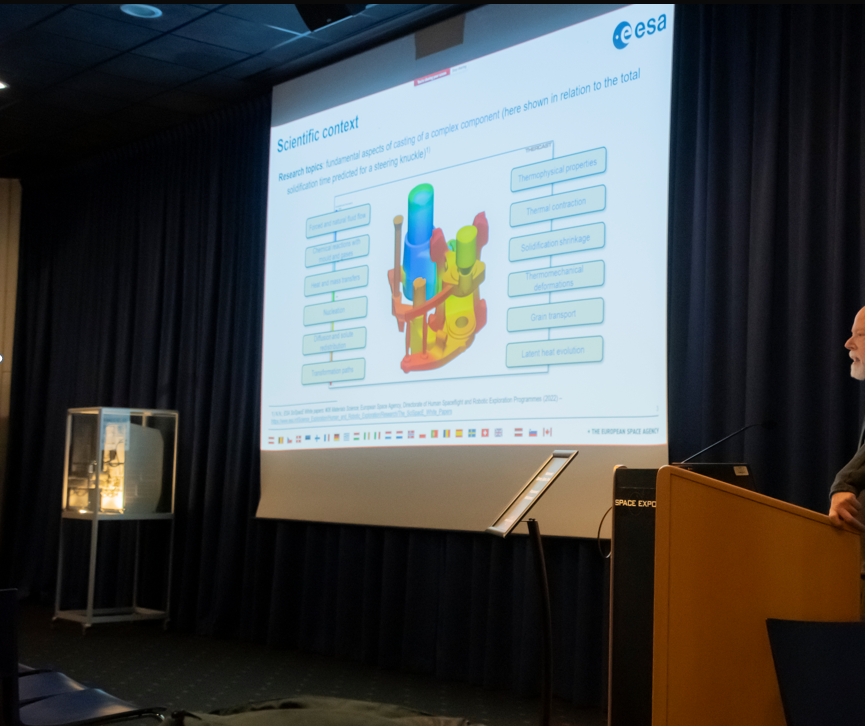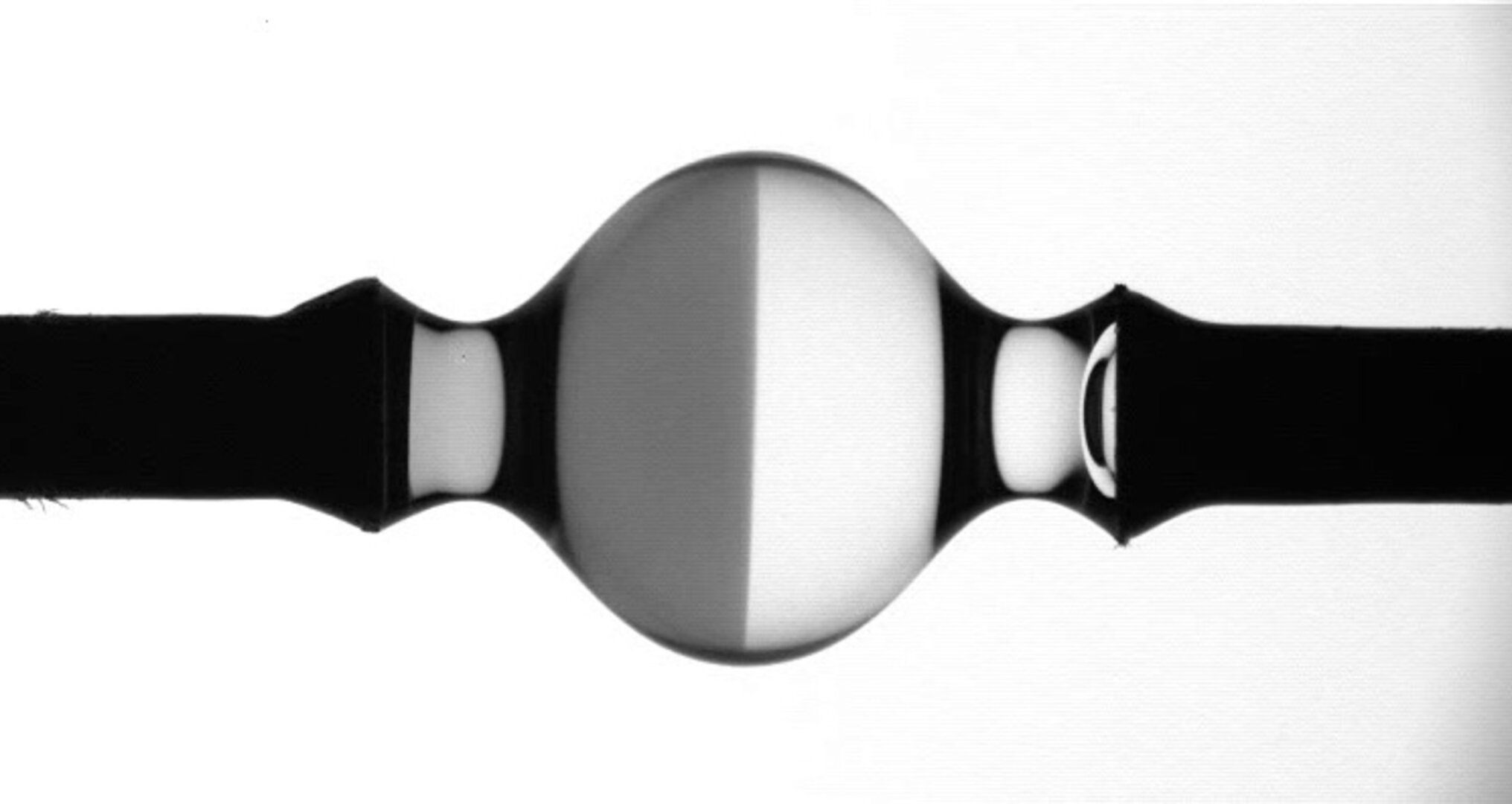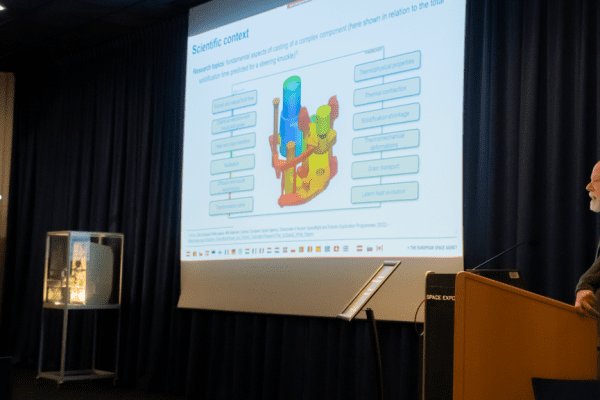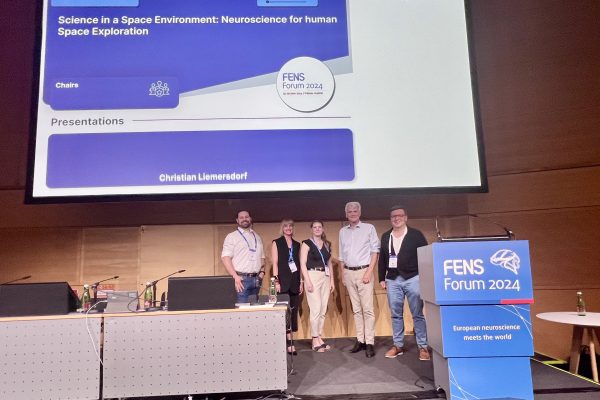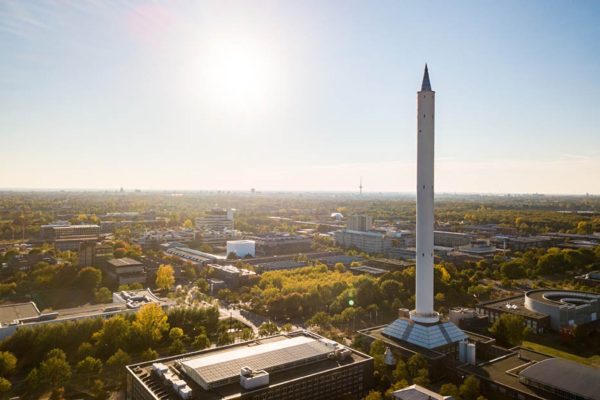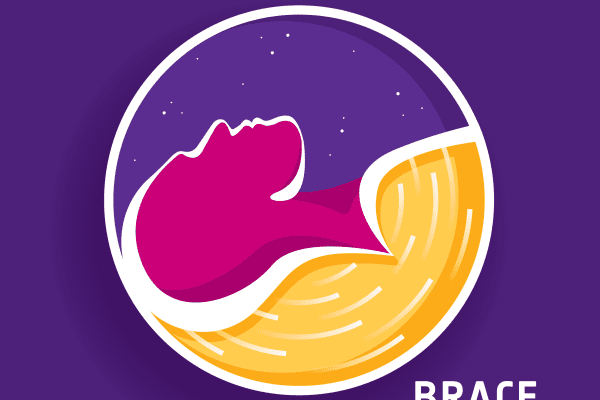International Space Station (ISS)
The International Space Station (ISS) with ESA’s Columbus module is a unique platform allowing research in the space environment, and in microgravity.
The ISS has an altitude of 400 km on average, providing long duration microgravity conditions. As such, it constitutes a versatile research institute and a large observation platform in outer space for scientific research and applications. It also serves as a test bed to introduce new technologies. This permanently occupied human outpost in outer space also serves as a stepping stone for further space exploration.
The ESA Columbus module is a science laboratory that is part of the International Space Station and is the largest single contribution to the ISS made by ESA. The state-of-the-art facility offers 75 cubic metres of space and contains an entire suite of research equipment. External platforms support experiments and applications in space science, Earth observation and technology. More information on Columbus can be found here.


Current research opportunities
AO-2024-TransparentAlloys
Deadline: February 15, 2025
Apply now to the ISS Announcement of Opportunity for Transparent Alloys Experiments onboard the International Space Station (TA2)
AO-2024-FLY!
Deadline: January 31, 2025
ESA is soliciting for research experiments that might be implemented during a potential future mission of ESA Astronaut with a physical disability,
Call for LEO Facility Definition Teams (FDTs) Membership
Deadline: October 8, 2023
Join our SciSpacE Facility Definition Teams (FDTs) to support the definition of science activities for the post-ISS era.
Call for Polish activities to fly on ISS (AO-2023-Poland)
Deadline: September 8, 2023
Through this Announcement of Opportunity (AO), ESA and the Polish Space Agency (POLSA) seek proposals from Polish entities (academic and/or industry) for activities, including development. The proposed ideas should target scientific activities, technology
